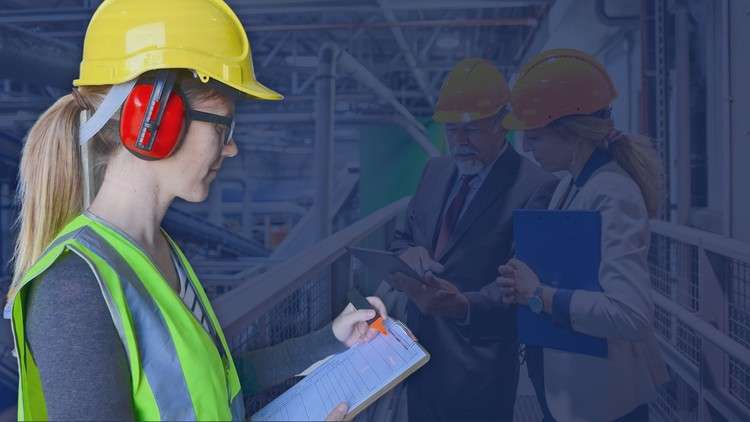
An Ultimate Course for Energy Fundamentals: Dive into Energy Audits, Thermodynamics, Electricity, and Heat Transfer
What you will learn
How to apply the first law of thermodynamics to determine system or process efficiency.
The characteristics of water and air – essential knowledge for energy auditors.
The four mechanisms of heat transfer.
How to calculate heat energy, and electrical energy usage.
Energy characteristics of fuel – why you need to be careful with heating values.
How to avoid the easy to make mistake even the smartest auditors make.
Description
Energy Auditor Course: Energy Fundamentals
This Energy Auditor Course aims to improve your way of thinking rather than a deep dive into energy fundamentals and technology. Our goal is to help you see more savings opportunities for your clients without being restricted to costly equipment upgrades.
Empower yourself with the knowledge that’s crucial for success in energy auditing.
- Gain a solid understanding of the first law of thermodynamics for precise efficiency calculations.
- Master the characteristics of water and air, essential for every energy auditor.
- Learn the four mechanisms of heat transfer to pinpoint energy losses accurately.
Energy Fundamentals for Energy Auditors Description
One of the great things about energy efficiency as a career is the challenge of mastering a broad area of knowledge so that you can provide good advice. Advice that can bring in actual energy savings that help businesses grow and become more environmentally conscious.
Understanding the theory of energy fundamentals underpins a lot of this knowledge. If you don’t understand this theory, you’ll probably find it challenging to identify those large savings opportunities. Without a good grasp of energy fundamentals, you’ll be more likely to fall for dubious product suppliers using pseudo-science to promote products that supposedly deliver massive savings.
In this Energy Auditor Course, you’ll learn how to apply the first law of thermodynamics and determine the overall efficiency of a system or process. This course then covers the fundamentals of electricity and heat transfer. It looks at the properties of air and water.
Finally, the course looks at an easy-to-make mistake associated with energy calculations and how to avoid it.
Why We Developed This Energy Auditor Course
Energy auditors with a deeper understanding of energy fundamentals can figure out how to save more energy than those who don’t. They’ll be able to scrutinize potential solutions with a critical eye.
Clean energy and energy efficiency are emotionally attractive to many people. Look at the sky-high valuations of many green technology companies. This emotional attraction also has financial attraction – “look at how much money you can save!” It can mean that wishful thinking replaces science.
A new product promoted by a very enthusiastic salesperson that promises to “slash greenhouse gas emissions” may attract energy users and even energy advisors. However, this product doesn’t actually work.
If you understand energy fundamentals, you should be able to see through this and avoid paying for equipment that adds no value to a facility.
Content